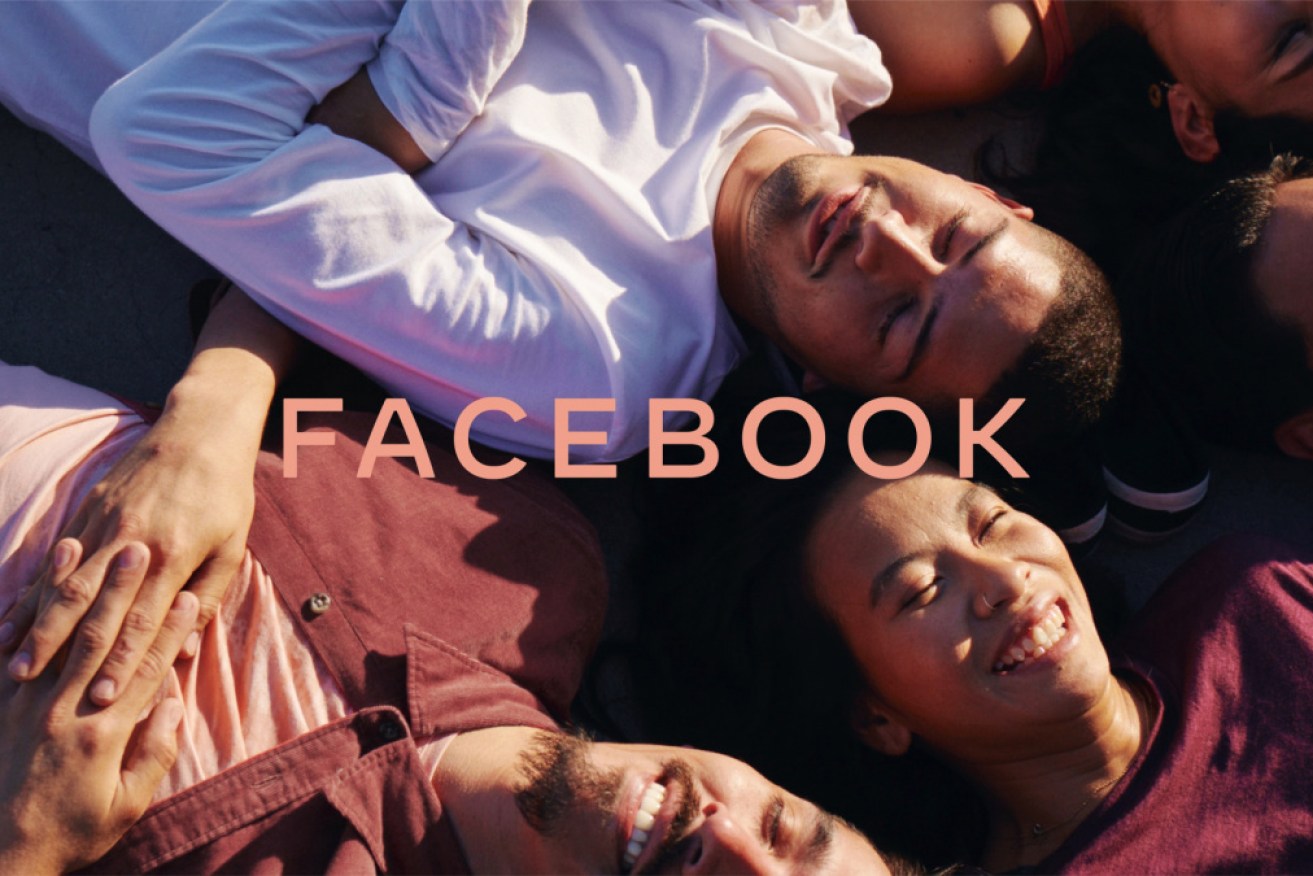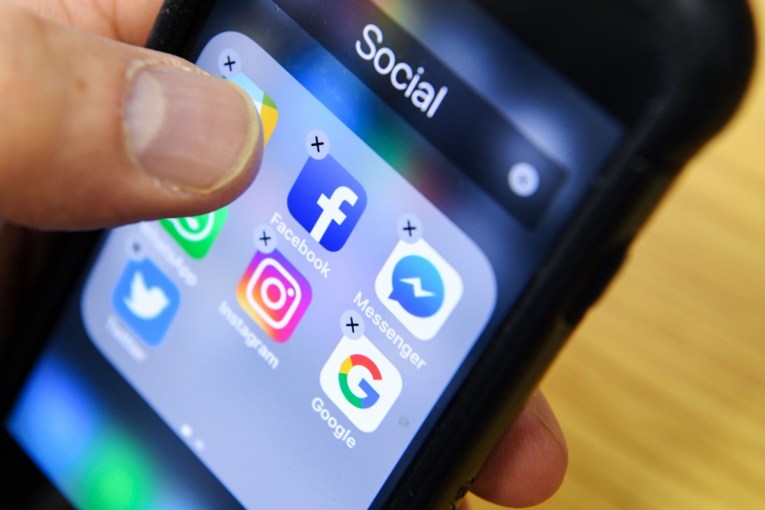Scandal-plagued Facebook attempts rebrand, but critics remain skeptical


What's in a name? Facebook has rebranded as FACEBOOK. Photo: Facebook
The world’s biggest social media company has rebranded itself in what some speculate is an attempt to rehabilitate its image following a series of damaging scandals.
On Monday, Facebook announced that it would rebrand as ‘FACEBOOK’ to “create visual distinction between the company and app”.
The newly capitalised logo will appear on various Facebook-owned platforms including Instagram and WhatsApp, but will not be used for the Facebook app or desktop site which will keep the original branding.

Minor details: How the new logo will appear on WhatsApp. Photo: Facebook
In a blog post, chief marketing officer Antonio Lucia wrote that the firm wanted “to be clearer about the products that come from Facebook”.
“Facebook started as a single app. Now, 15 years later, we offer a suite of products that help people connect to their friends and family, find communities and grow businesses,” Mr Lucia said.
“This brand change is a way to better communicate our ownership structure to the people and businesses who use our services to connect, share, build community and grow their audiences.”
Facebook fends off calls to be broken up, criticism over political ads
“He controls three core communications platforms – Facebook, Instagram and WhatsApp – that billions of people use every day,” Mr Hughes wrote.
“The government must hold Mark accountable.
“For too long, lawmakers have marveled at Facebook’s explosive growth and overlooked their responsibility to ensure that Americans are protected and markets are competitive.”
Last week, the New York Times published an “Open letter to Mark Zuckerberg” by screenwriter Aaron Sorkin arguing that “Facebook isn’t defending free speech, it’s assaulting truth”.
‘Looks like a dying fashion brand’
The new logo received a tepid response on social media.
New York University marketing professor Scott Galloway mocked the rebranding exercise.
“Yeah, a new logo will help – we’re the propaganda machine that looks like a dying fashion brand,” Professor Galloway wrote on Twitter.
Yeah, a new logo will help — we're the propaganda machine that looks like a dying fashion brand pic.twitter.com/O0dG2Y4BDR
— Scott Galloway (@profgalloway) November 4, 2019
Others pointed out the irony of Facebook shifting to an all-caps logo, with the style a common feature in vitriolic arguments on the platform.
Writing in all-caps is generally considered poor online etiquette, as it is akin to shouting.
Australian science and technology commentator Ketan Joshi joked that the social media platform had rebranded to all-caps to “better represent its climate change denier demographic.”
Wilkie blows the whistle
Facebook was accused of breaching Tasmania’s biosecurity laws after sending a floral wreath to Independent MP Andrew Wilkie on Monday.
Mr Wilkie swiftly blew the whistle, alerting the state’s biosecurity officials to the alleged threat.
Dear Facebook, thanks for the promotional floral arrangement – but you just breached Tas's biosecurity laws. Delighted to tip off Biosecurity Tasmania to raid all other Federal MPs and Senators' offices #politas #auspol pic.twitter.com/0C3cTA33Kl
— Andrew Wilkie MP (@WilkieMP) November 4, 2019
“Dear Facebook, thanks for the promotional floral arrangement – but you just breached Tas’s biosecurity laws,” Mr Wilkie wrote on Twitter.
“Delighted to tip off Biosecurity Tasmania to raid all other Federal MPs and Senators’ offices.”
A Facebook spokesperson told 10daily that the company had contacted the Tasmanian authorities “to understand more about what happened here”.
“We sent an Australian native wreath to Mr Wilkie to spread some festive cheer and share information about a local business from his electorate that features in our 2019 Gift Guide,” they said.








